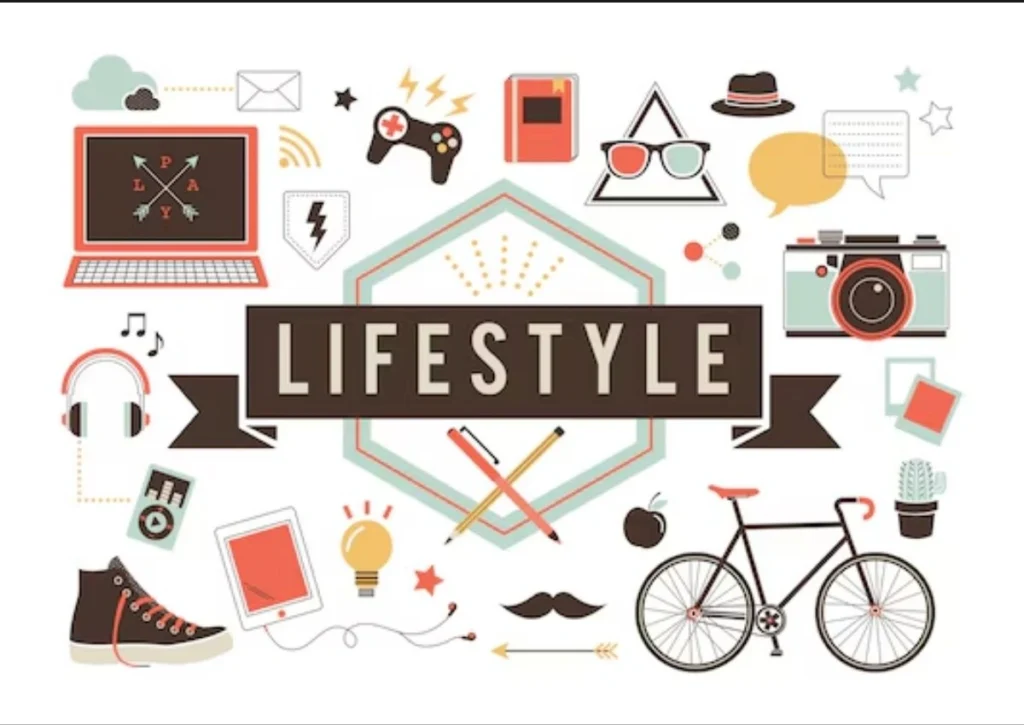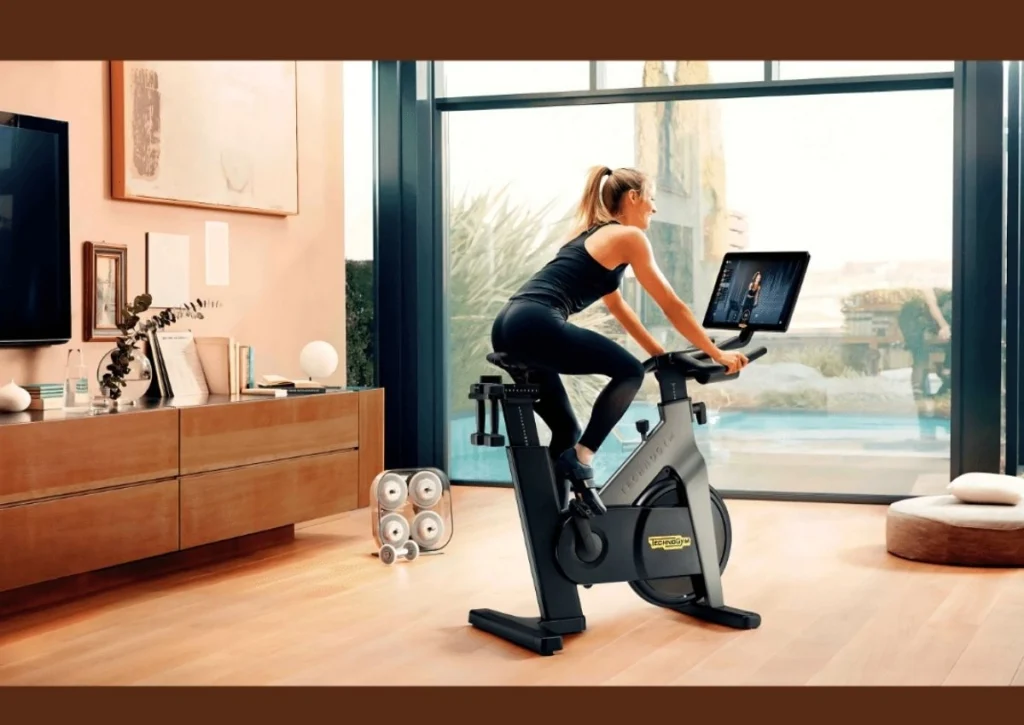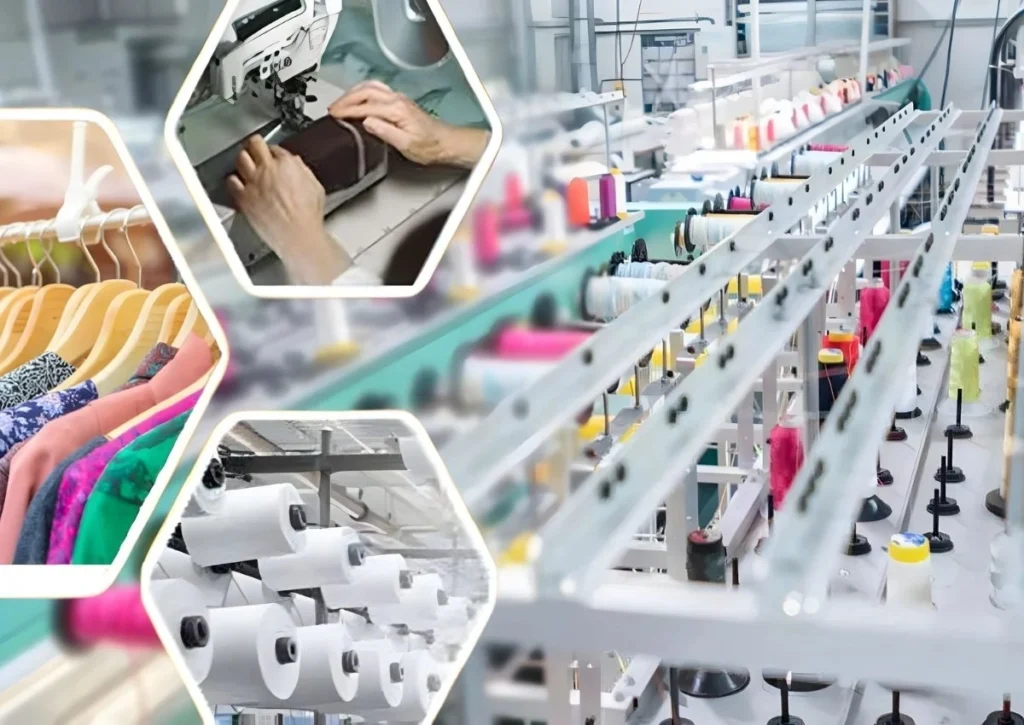Lifestyle in the modern connected world has come to mean much more than just everyday activities. It is a huge ecosystem of industries, decisions, and cultural trends that all combine to define the manner in which we live, work, and share our expressions.
The recognition of what lifestyle is and the companies that facilitate it will be an enlightening matter in regard to consumerism, market dynamics, and the pressures that influence our society today.

What Is Lifestyle?
Lifestyle is how individuals and communities conceptualize their existence, which includes their habits, attitudes, tastes, moral standards, economic level and activities of life. It is personality values in relation to the motivations of culture, economic and social conditions, as well as personal tastes that make each individual or group of people have their own distinct pattern of living.
Modern lifestyle transcends not only having to survive but also having to enhance lifestyle in terms of wants and expression and desire to achieve personal satisfactions.
It is the indicator of our preferences in all aspects of our lives: the products that we consume and even the journeys we take, which means it can be an excellent force behind the economy in various sectors.
The Key Aspects That Determine Lifestyle

Personal values and beliefs form the basis of any lifestyle, as it will determine a choice of career and relationship, what to buy or consume and what is important in life. These values, in combination with economic forces such as income, expenditure and financial objectives, move to influence lifestyle preference and hence to decide on where to live and how to spend their free time.
Cultural and social influences play an equally important role, as family background, peer groups, community norms, and media exposure all contribute to lifestyle formation and evolution.
Geographic location creates another layer of influence, with urban versus rural living, climate considerations, and regional culture creating distinct lifestyle variations across different locations.
Major Lifestyle Industries and Sectors
The fashion and clothing business is one of the most apparent lifestyle segments that covers both haute couture and fast fashion. It entails clothing design, production, sales, and accessories, and the subsectors focus on different demographics of individuals, events, and style interests.
The other general market is the beauty and personal care market, consisting of cosmetics, skincare, haircare, fragrances, and personal hygiene products. The industry has resorted to tolerance of alternative standards of beauty, natural and organic goods, and one-to-one solutions. Some of the markets that continue to grow the industry include the grooming and beauty inclination of men and aging.
The choices made regarding food and drinks play a big role towards the tastes in lifestyles, and they give rise to a range of market segments, including organic foods, vegetal alternatives, artisan products, and convenient foods.
All the market opportunities that consist of lifestyle-based foods are farm-to-table, specialty diets, and the food delivery service, which all can be assessed on the principle of health, convenience, and ethical consumption.
The health and wellness industry includes fitness centers, spas, mind care services, alternative care, and wellness retreats. This sector has developed at an extremely rapid rate because consumers have learned to appreciate physical and mental health as an essential component of their way of life, thereby requiring all the things, from the boutique fitness studios to the meditation applications.
One of the biggest categories of lifestyle includes furniture, home decor, smart home products, gardening supplies, and home improvement services, which is referred to as home and interior design. This has been particularly promoted by the new phenomenon of remote work, where people are investing more into the environments they reside in in order to make them comfortable and efficient working and recreational spaces.
The lifestyle preferences on spending free time and disposable income on leisure travel, adventure tourism, luxury hospitality, and experiential travel can be identified in travel and hospitality industries.
The concept of sustainable tourism and real local experiences has gained relevance as the travelers demand authentic local experiences and sustainability in their touring activities.
Consumer electronics, mobile devices, and streaming services, as well as gaming and social media platforms, have been making technology and digital lifestyles a part of modern life. The digital revolution has led to the emergence of new types of lifestyles along the lines of material content consumption, online communities, and virtual experiences that are changing at a high pace.
Drive and modes of transport: whether the high-end, the environmentally friendly electric cars, or options for contending with the stresses of urban living, such as biking. The above trend is increasingly being disrupted by the arrival of ride-sharing and autonomous vehicle technology, where consumers focus on convenience, environmental friendliness, and affordability.
Entertainment and recreation include movies, music, sports, hobbies, books, and recreation activities. Streaming, social media, and gaming have transformed the consumption of entertainment and leisure time usage, wherein people define new models of business and consumption levels.
Financial services and lifestyle banking have also shifted from offering banking products to investment opportunities and insurance and financial planning providers, who now offer products and services that increasingly consider specific lifestyle requirements, including digital-first banking in the increasingly younger population segment and broader retirement planning services in the older population segment.
Emerging Lifestyle Trends and Industries
Sustainability and environmentally friendly living have also spawned the markets of sustainable products, eco-friendly home energy, zero-waste life, and conscious consumption.
This environmental awareness has moved forward to affect buying behavior in all categories of lifestyles, clothing and travel tastes, and thereby develops new sources of business and also changes existing markets.
The features of digital nomadism and remote work have created new lifestyle industries, such as co-working environments, remote work applications, temporary housing, and location-independent services. This has shifted the way individuals consider the interaction between work and lifestyle, producing a need in the form of the flexible solutions to aid mobile living.
Health-tech fusion is positioned as a convergence of the technology and health-minded lifestyle with wearables, health tracking applications, telemedicine, and custom wellness programs. These data analytics, together with the personal health management, combine into the new industry and create more convenient and improved wellness options.
The Psychology of Lifestyle Choices.
It is possible that lifestyle choices are self-expression and identity-making. Products, services, and experiences are one of the ways through which people express their values, aspirations, and group affiliations to others. Social media has increased this attribute of lifestyle, forming new pressures and chances in the domain of personal branding.
The theory of lifestyle inflation illustrates that human behavior sharply raises spending on lifestyle aspects as their income grows, and comfort, convenience, and status symbols are often prioritized. These psychological drivers can be used to understand the consumer behavior in both lifestyle businesses.
Impact of Technology on Modern Lifestyle

Digitalization has also changed the way of life drastically, leading to new kinds of wants and needs. The world of smart homes, online shopping, and social media, as well as online entertainment, has become a common feature of the way of life. The merger between artificial intelligence and automation keeps transforming how individuals handle their daily routine and life choices.
Variations of Lifestyle in the World
The preference of lifestyles differs widely in terms of culture and economies as well as geographic region. What will be a dream lifestyle in one community may be disastrously different in another, opening up a variety of market potential and challenges to brand lifestyle in the global market.
Given such differences, this is an important factor for a firm holding operations in lifestyle sectors since adaptation to local tastes may be a major factor in determining success in the market.
Final thoughts
Lifestyle industry is one of the most active and fast-developing spheres of the world economy. Lifestyle industries are going to grow and multiply as society gets progressively richer and people enjoy a greater freedom to make more individual decisions.
The possible trends in the future are better incorporation of technology, more focus on sustainability and social responsibility, highly customized services and products, and further development of the work-life balance ideas.
Also check:- The Magic of a Destination Wedding
To businesses, as well as to consumers and the rest of society, the concept of lifestyle, as both a personal endeavor and as an economic drive, continues to be important to negotiate our way in this more complex modern society.




